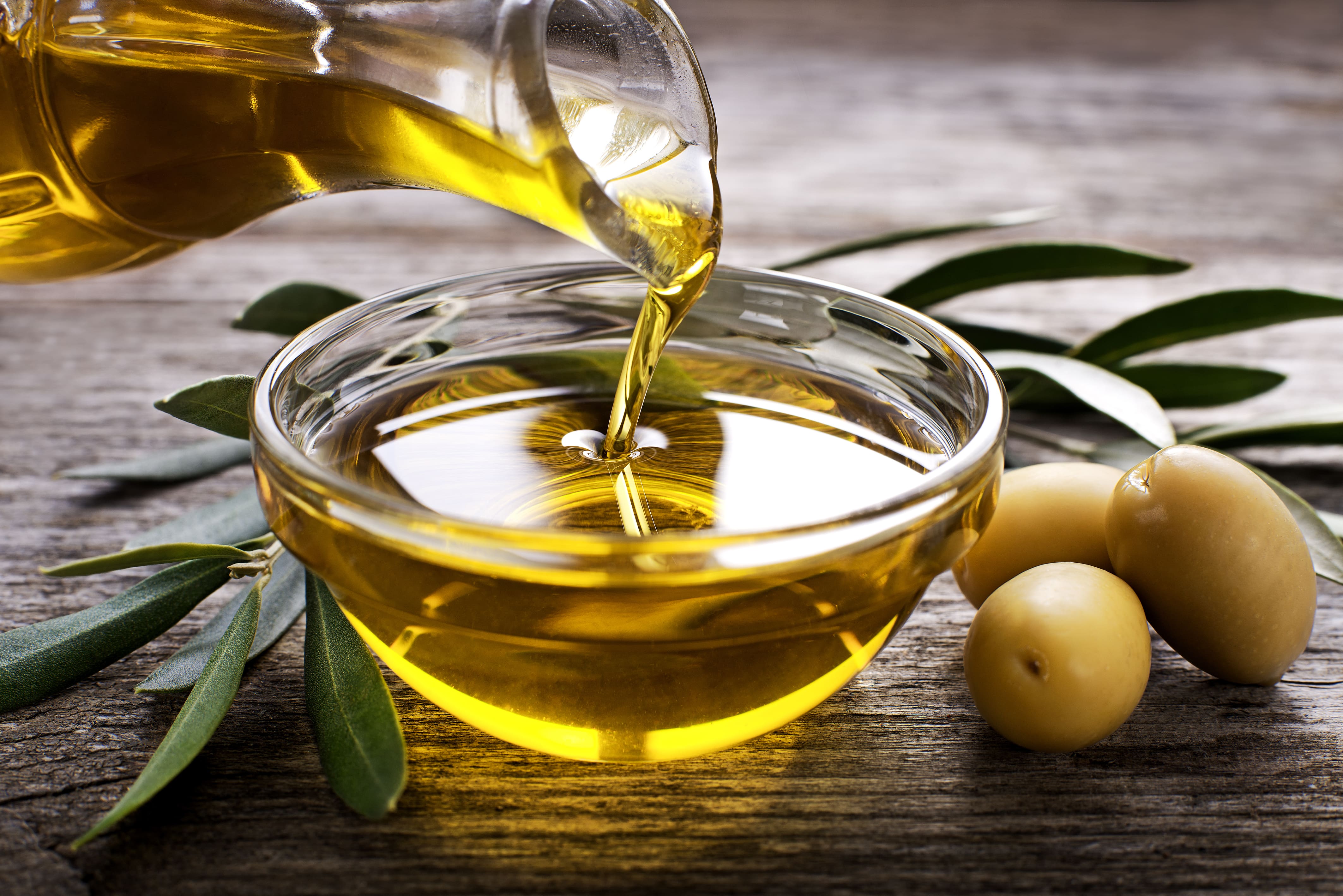Olive oil, “liquid gold”
The olive tree is a native species to Greek Land, cultivated in the Aegean as early as 2.000 BC, and oil, is omnipresent since then in Greek life: nutrition, religion, mythology, medicine, literature, art. Hercules planted an olive tree at the Temple of Hera in ancient Olympia, after completing his twelve labours. Goddess Athena donated to the Athenians the first olive tree in the world and this why it became the sacred tree of Athens. The Olive wreath also known as kotinos was the prize for the winner at the ancient Olympic Games. It was a branch of the wild olive tree. The Mycenaeans offered olive oil to the gods, while Homer called olive oil “the liquid gold of nutrition”. Aristotle considered the cultivation of olive trees a science, while Hippocrates used olive oil as a medicine.
Olive oil is the basis of the Mediterranean diet, one of the most popular and proven healthy diets in the world. It contains large amounts of monounsaturated fat (75%) and antioxidants, offering protection against the so-called oxidative stress, which causes aging. Medical research which took place in Europe and America has revealed that olive oil not only protects the heart but also helps in the good function of organs while it has a beneficial action to a wide range of diseases.
Olive oil is used widely in cooking, used in bread making and sometimes, in the case of a simple meal, may be the only ingredient that accompanies bread.
